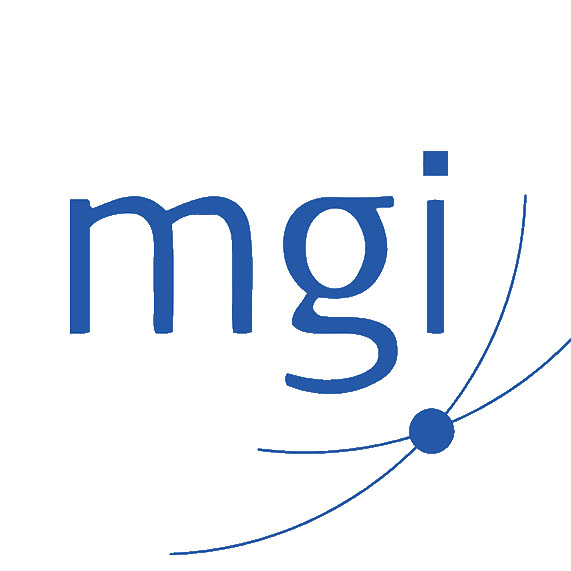We’ve all heard the saying before: Cash Is King! But what does it mean and why is it so important?
Cash is essentially the blood that pumps through the veins of a business and keeps it alive. In most businesses, both small and large, problems occur when their cash flows are managed poorly and cause both owners and their employees’ significant stress. So in these more uncertain economic times, how does a business manage its cash flow to ensure its continued success?
There are a number of simple strategies that can be used to help improve cash flow.
- Project monthly sales/prepare cash flow forecasts
Cash flows are all about timing: when your sales are likely to come in and when your expenses are likely to go out. A business can be profitable from an accounting perspective yet still have cash flow problems.
To assist with cash inflows, a cash flow forecast on the timing of sales is an important tool. This will identify those months where cash flows could become tight and allow you to manage cash outflows. When preparing cash flow forecasts, it’s important to be realistic rather than overly optimistic. Use a worst-case scenario, review regularly and update when circumstances change.
- Manage your debtors
Debtor management is a key component of any business. A sale isn’t a ‘real’ sale until the cash is deposited into your account. Debtor management has become more critical then ever given the slow down in the economy and the reluctance of consumers and businesses alike to part with their cash.
Some ways to improve your debtors include:
- Set credit limits for customers and monitor these closely.
- Conduct a credit check for all new customers
- Potentially offer a discount for paying their invoices early. For example, look at your recent rates bill. Council gives you $15 off if you pay on time and is hugely successful in ensuring that debtors are paid and regularly cash flow is achieved.
- Send invoices out immediately. Don’t wait to the end of the month if the work has been completed.
- Bank daily
- Review aged debtors report regularly and follow up when customers have fallen outside of their agreed credit terms.
- Manage your stock efficiently
Large amount of free cash flow can be ‘locked’ away in your inventory levels. However, the difficulty with stock management is that there is a fine line between having just enough stock on hand to meet the needs of your customers and having either too much or too little. In my experience the risk is that companies buy too much and are left with large amounts of excess stock which end up being heavily discounted to sell or even worse, is written off and discarded.
So how do you improve your stock management? Some ways include:
- Have a regular review of stock levels. Identify those lines that are not turning over regularly and look at discounting these to clear it from your storage facility.
- Don’t buy too much even if it’s offered at a discount. This could tie up unnecessary free cash flow and also increases the chance that you won’t be able to sell the stock.
- Set minimum and maximum levels of stock lines and stay within these limits.
- Control your expenditure
Regularly reviewing your expenditures is a must. Have a rolling budget and compare these to prior periods. If any expenditure is significantly different to what you budgeted for, investigate why.
Others ways to control your expenses include:
- Always look at ways in which you can cut your expenditure. Have your staff look out as well and assist you in this role.
- Require quotes for any major expenditure items. Always seek fixed prices to know exactly what cash flows you are likely to face and whether the company can afford it.
- Prepare regular financial reports – always know how the business is tracking.
- Watch the timing of your cash outlays
Cash outflows are an area in which you have a greater level of control. Look at ways to minimise outflows and try to have these reflect your cash inflows. For example, if you know your business is seasonal and achieves most of its cash flows in the first half of the year; try to match your largest expenditure items when cash flow is easily accessible.
Other ways to improve the timing of your cash outlays could include:
- Negotiate with your suppliers a discount for paying early or up-front.
- Always pay your creditors on the day the invoice is due – don’t pay early or late.
- Negotiate longer payment terms on a payment plan if cash flows are tight. Many businesses will be happy to put you on a payment plan if they can see that you are going to pay your bill. The sooner you talk to them about this the easier it is.
- Remember your tax obligations and its impact on cash flows
While no one particularly likes paying tax, it is part of any successful business. A business paying tax is a profitable business and I would much prefer to be paying tax then having a large amount of carried forward tax losses. However, this doesn’t make it any easier when you are required to send that cheque to the ATO with your BAS.
Tax commitments, whether GST, income tax, PAYG, FBT instalments can be quite substantial and can cause businesses some cash flow issues if funds are not put away regularly. Adjust the amount that is put away depending on the level of sales/profit that the business generates each month.
- Adjust for Growth
It is critically important to understand the additional cash flow that is required when a business is growing. Many successful businesses fail by not having sufficient cash to fund their growth operations which can leave the business vulnerable. New sales generally require additional resources such as new equipment, employees, marketing and potentially larger premises. This increase in fixed costs can occur even before new cash flows from expansion have even begun.
Whether the plan is to have the status quo or to enter into a growth phase, a cash flow strategy is a must for any business. By managing your cash flow you will ensure that the business remains successful and reduces the stress. As the saying goes: Cash Is King!







